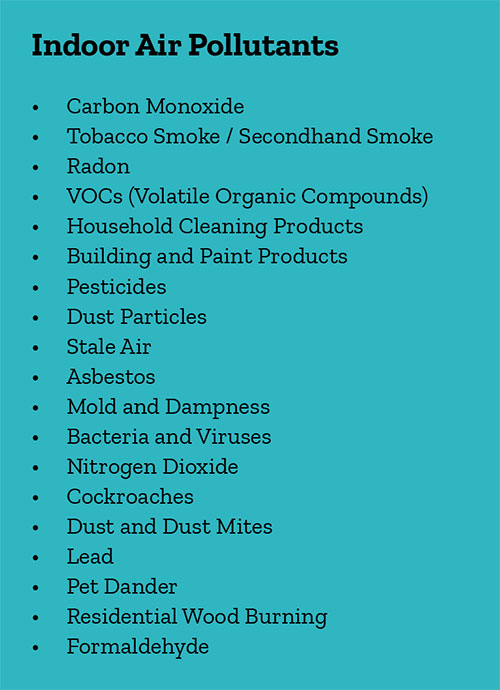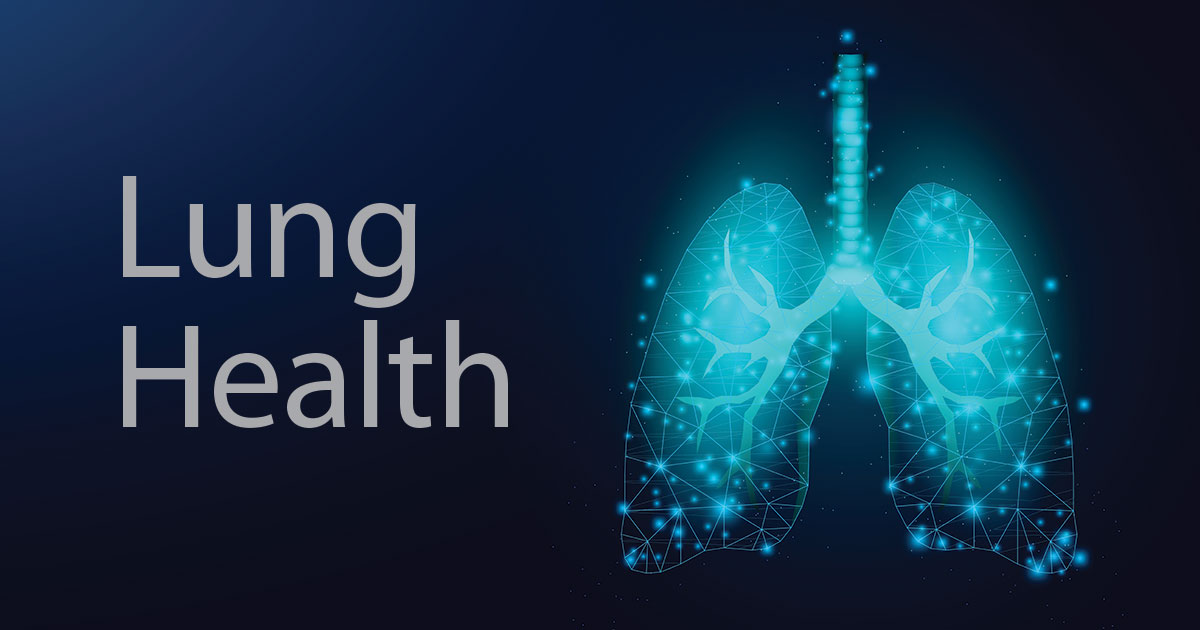In October, we spotlight lung health and National Respiratory Care Week is October 22-28, 2023. Most of the time we take our lung health for granted. Our lungs keep us alive and well. For the most part, we don’t need to think about them, but that’s why it is important to prioritize your lung health. The body has a natural defense system designed to protect the lungs, keeping dirt and germs at bay. However, there are some important things you can do to reduce your risk of lung disease. Here are some ways to keep your lungs healthy.
Don’t smoke. Cigarette smoking is the major cause of lung cancer and chronic obstructive pulmonary disease (COPD), which includes chronic bronchitis and emphysema. Cigarette smoke can narrow the air passages and make breathing more difficult. It causes chronic inflammation, or swelling in the lung, which can lead to chronic bronchitis. Over time, cigarette smoke destroys lung tissue and may trigger changes that grow into cancer. If you smoke, it’s never too late to benefit from quitting.
Avoid exposure to indoor pollutants that can damage your lungs. Secondhand smoke, chemicals in the home and workplace, and radon all can cause or worsen lung disease. Make your home and car smoke-free. Test your home for radon. Avoid exercising outdoors on bad air days. Talk to your healthcare provider if you are worried that something in your home, school, or work may be making you sick.

Here is a list of other ways to promote lung health.
Exercise Regularly: Engage in regular physical activity to improve lung function. Aerobic exercises, like brisk walking, jogging, and swimming, can help increase lung capacity and improve overall cardiovascular health.
Practice Good Posture: Maintaining proper posture can help your lungs function optimally. Sit and stand up straight to allow for full expansion of your lung capacity.
Breathing Exercises: Practicing deep breathing exercises can help strengthen your lung muscles and improve lung efficiency. Techniques like diaphragmatic breathing and pursed-lip breathing can be beneficial.
Stay Hydrated: Drinking enough water helps keep the mucous membranes in your respiratory tract moist, which can make it easier for your lungs to function and protect against respiratory infections.
Eat a Healthy Diet: Consume a diet rich in fruits, vegetables, and whole grains. These foods provide essential nutrients and antioxidants that support lung health. Omega-3 fatty acids found in fish can also be beneficial.
Maintain a Healthy Weight: Being overweight or obese can put extra strain on your lungs and make it harder to breathe. Maintaining a healthy weight can reduce the risk of respiratory problems.
Practice Good Hygiene: Wash your hands regularly to reduce the risk of respiratory infections, such as the common cold and flu. Avoid close contact with individuals who are sick, and consider getting vaccinated for preventable respiratory illnesses like the flu and pneumonia.
Regular Check-ups: Visit your healthcare provider for routine check-ups and screenings to detect any lung problems early. Early detection can lead to more effective treatment.
Manage Chronic Conditions: If you have chronic lung conditions like asthma or COPD, work closely with your healthcare provider to manage and control your symptoms.
Avoid Respiratory Infections: Practice good hygiene and get vaccinated to reduce the risk of respiratory infections. Also, avoid close contact with people who have contagious respiratory illnesses.
Stay Informed: Keep yourself informed about lung health and any potential risks in your environment. Knowledge is a powerful tool for prevention.

Remember that maintaining lung health is an ongoing process, and these practices should be part of your daily routine to ensure your lungs remain in good condition throughout your life. If you have concerns about your lung health, consult with a healthcare professional for personalized advice and guidance.
©2023HealthSpot References: (1) https://www.lung.org/lung-health-diseases

